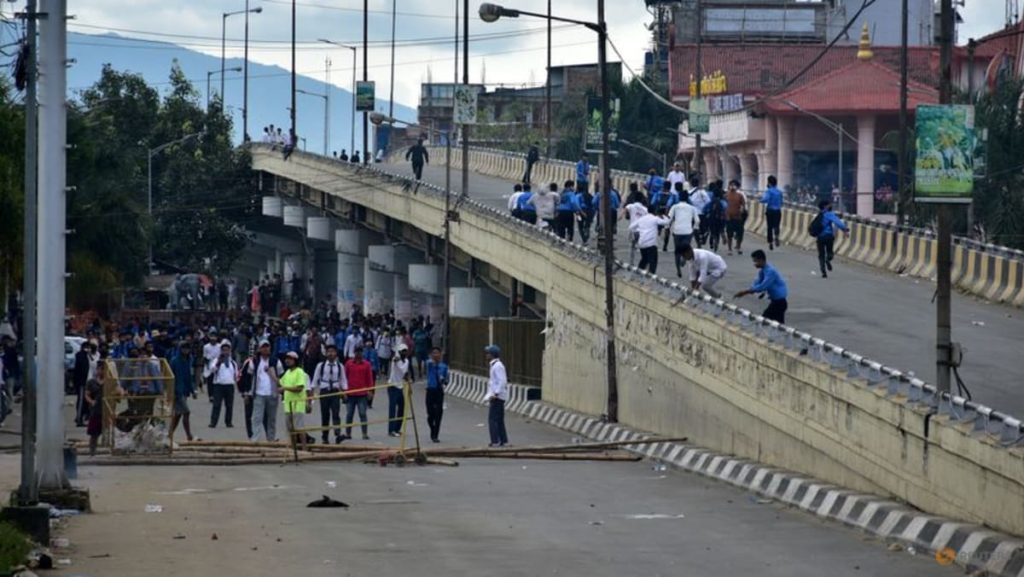Schools in Manipur were closed for over a week due to ethnic violence between the Hindu Meitei majority and Christian Kuki community, resulting in at least 200 deaths. The conflict, which began in May 2023, has caused communities to divide into rival groups across the northeastern state. The violence escalated this month, with incidents of insurgents firing rockets and dropping bombs with drones, leading to the deaths of 11 people.
In response to the unrest, Meitei students in the state capital of Imphal staged demonstrations against the fighting, which turned violent. As a result, the authorities imposed a curfew and enforced an internet blackout in certain areas of Manipur. Despite the ongoing tensions, schools in the region reopened on Tuesday, signaling a temporary return to normalcy for students and teachers. However, the underlying issues causing the conflict remain unresolved, raising concerns about the potential for further violence in the future.
The ethnic violence in Manipur is rooted in historical and cultural differences between the Meitei and Kuki communities, highlighting the complex dynamics of identity and religion in the region. The clashes between these groups have resulted in a significant loss of life and displacement, creating deep-seated animosity and distrust among the various factions. The recent uptick in violence, including the use of modern weaponry such as drones, underscores the dangerous escalation of the conflict and the challenges faced by authorities in maintaining peace and stability.
The government’s response to the violence in Manipur has been marked by a combination of security measures, such as curfews and internet blackouts, and attempts at dialogue with the warring communities. However, these efforts have not been sufficient to address the underlying grievances and tensions that fuel the conflict. As a result, the situation remains volatile, with the potential for further outbreaks of violence and instability in the region. The reopening of schools is a small step towards normalcy, but a lasting solution to the ethnic conflict in Manipur will require sustained peace-building efforts and a commitment to addressing the root causes of the violence.
The international community has also expressed concern over the situation in Manipur, with calls for peaceful resolution and respect for human rights. The conflict has not only caused loss of life but has also had a significant impact on the social fabric of the region, with communities torn apart by violence and bloodshed. Efforts to promote reconciliation and understanding between the Meitei and Kuki communities are essential to prevent further escalation of the conflict and to create a foundation for lasting peace in Manipur.
In conclusion, the reopening of schools in Manipur marks a small step towards normalcy in the midst of ongoing ethnic violence and conflict. The deep-rooted divisions between the Meitei and Kuki communities have resulted in significant loss of life and displacement, with the recent escalation of violence posing a threat to peace and stability in the region. Addressing the underlying grievances and tensions will require sustained efforts by the government, communities, and the international community to promote reconciliation, dialogue, and respect for human rights. Only through a comprehensive approach to peace-building can Manipur hope to break the cycle of violence and move towards a more peaceful and inclusive future.


